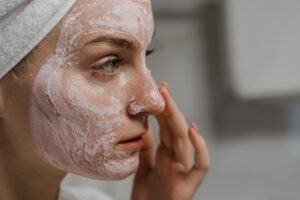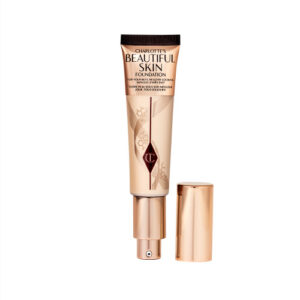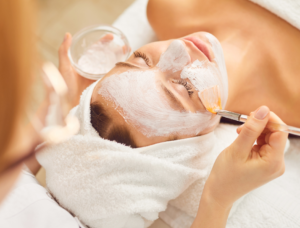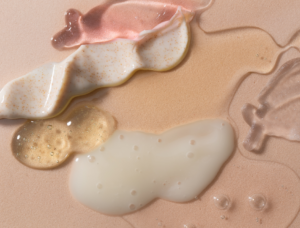If you’ve been keeping an eye on skincare trends lately, you’ve probably noticed that the term “skin barrier health” is making waves in the beauty community. But what exactly is the skin barrier, and why is everyone talking about it? In this blog, we’ll delve into the fascinating world of skin barrier health, exploring its importance, the signs of a compromised barrier, and how you can achieve a radiant complexion by taking care of this vital aspect of your skin.
Understanding the Skin Barrier
Your skin barrier, also known as the stratum corneum, is the outermost layer of your skin. It serves as your body’s natural defense mechanism, shielding you from environmental aggressors like pollution, UV rays, and bacteria. Think of it as your skin’s protective shield.
Why Skin Barrier Health Matters
- Protection: A healthy skin barrier acts as a protective shield against harmful external factors. It helps prevent pollutants and irritants from penetrating your skin, reducing the risk of sensitivity and inflammation.
- Hydration: The skin barrier helps to lock in moisture, preventing excessive water loss and maintaining optimal hydration levels. This is crucial for soft, supple skin.
- Anti-Aging: An intact skin barrier is essential for reducing the appearance of fine lines and wrinkles. It keeps your skin plump and youthful by retaining moisture.
- Healthy Appearance: A strong skin barrier contributes to an even skin tone, radiant complexion, and a smoother texture. When it’s compromised, skin can appear dull, dry, and prone to redness.
Signs of a Compromised Skin Barrier
Recognizing the signs of a compromised skin barrier is essential for taking prompt action to restore its health. Here are some common indicators:
- Dryness and Flakiness: If your skin feels excessively dry and you notice flakiness, it’s a sign that your skin barrier may be impaired.
- Redness and Irritation: Persistent redness, itchiness, or irritation are signs that your skin barrier is under stress.
- Breakouts: A compromised barrier can lead to increased susceptibility to acne breakouts, as it may struggle to keep bacteria out.
- Sensitivity: Skin sensitivity to skincare products or environmental factors may increase when your barrier is compromised.
How to Care for Your Skin Barrier
Now that you understand the significance of skin barrier health, let’s explore how to nurture and protect it:
- Gentle Cleansing: Use a mild, hydrating cleanser that doesn’t strip your skin of its natural oils. Avoid harsh scrubbing.
- Hydration: Incorporate hydrating products like moisturizers and serums into your skincare routine to maintain moisture levels.
- Sun Protection: Always wear sunscreen to shield your skin from UV damage, a key factor in skin barrier health.
- Avoid Over-Exfoliation: Excessive exfoliation can weaken your skin barrier. Limit exfoliation to 2-3 times a week.
- Choose Barrier-Repairing Ingredients: Look for products with ceramides, fatty acids, and cholesterol, as these ingredients help repair and strengthen the skin barrier.
- Stay Hydrated: Drinking enough water is crucial for overall skin health, including barrier function.
- Consult a Professional: If you suspect your skin barrier is severely compromised, consult a dermatologist for tailored advice.
Conclusion
The growing interest in skin barrier health is not a passing trend; it’s a fundamental aspect of skincare that can profoundly impact your complexion’s health and appearance. By understanding the importance of your skin barrier and taking steps to protect and strengthen it, you can achieve a radiant, youthful, and resilient complexion. Prioritizing skin barrier health is the secret to unlocking your skin’s natural beauty and vitality.







